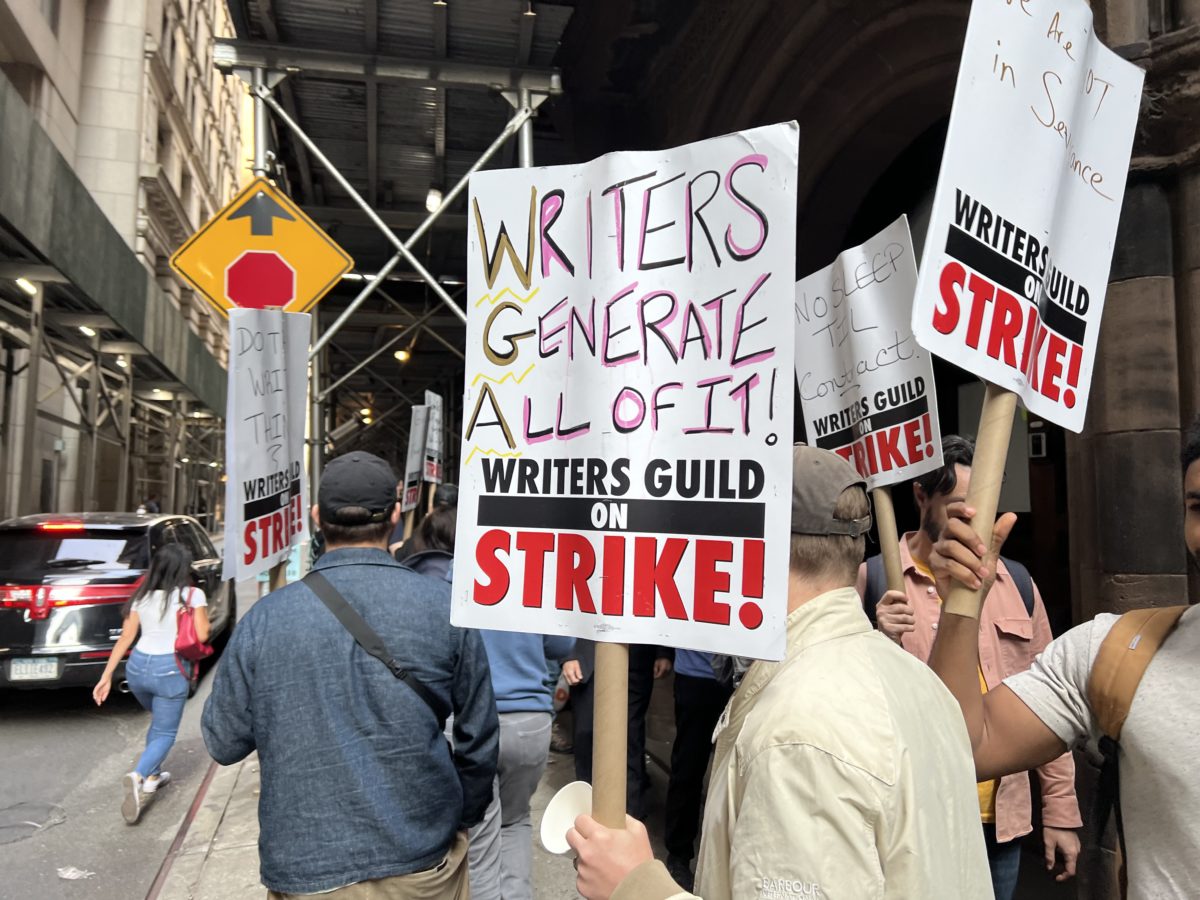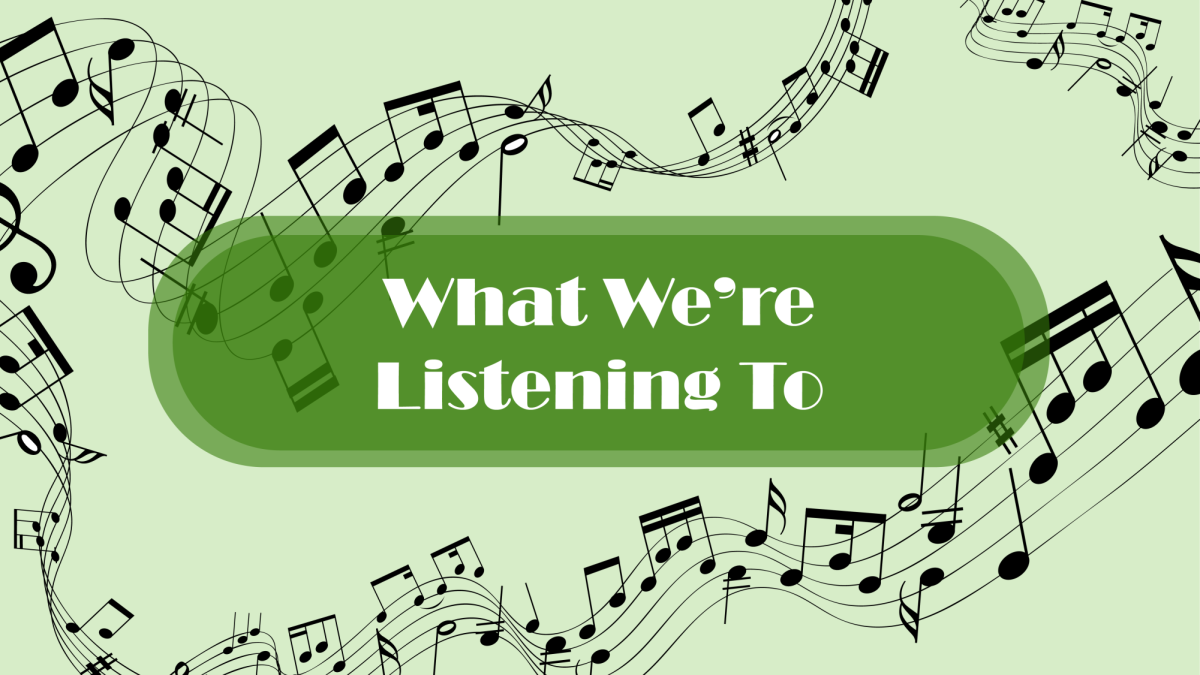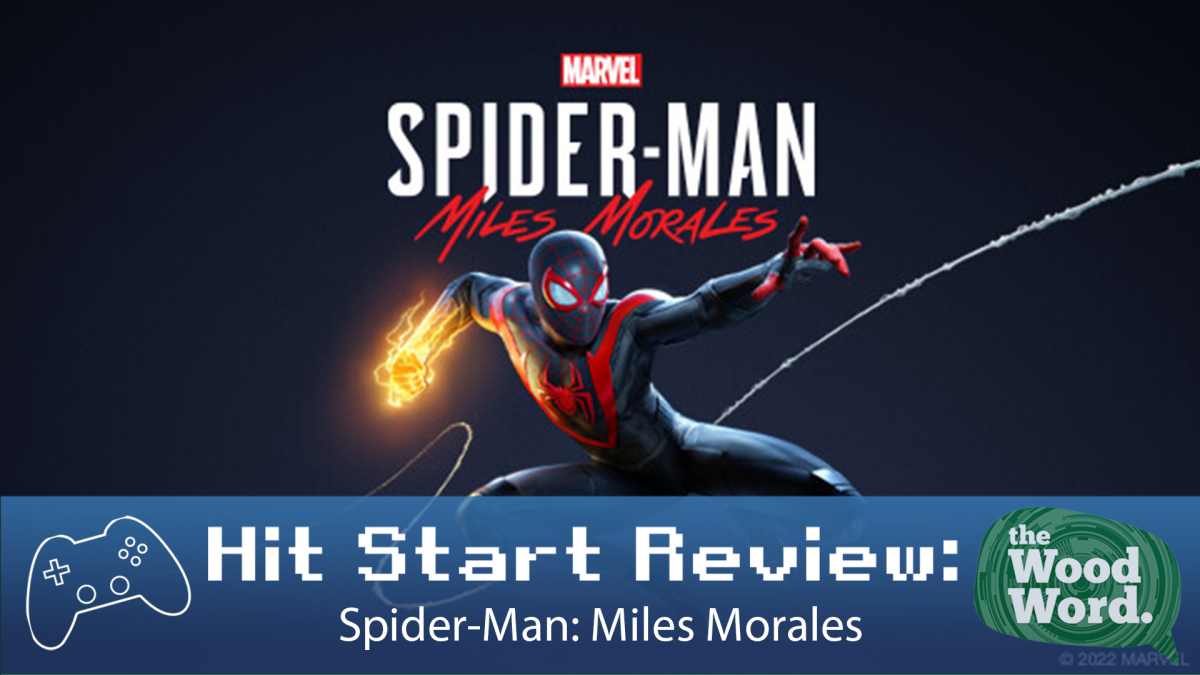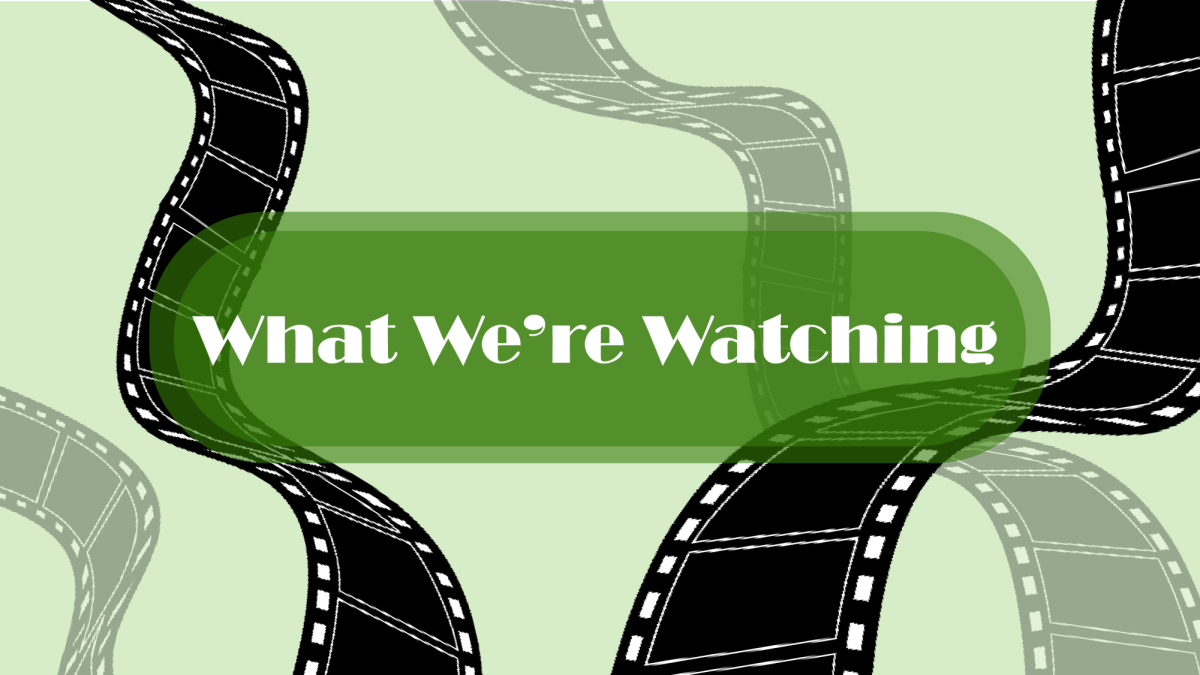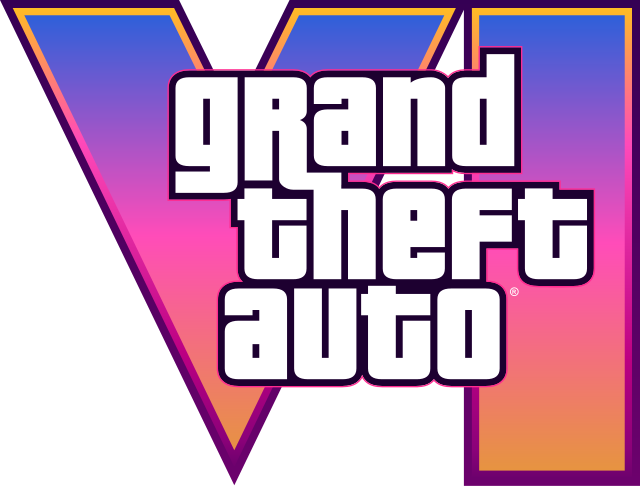After three months on strike, Hollywood has yielded to the Writers Guild of America, reaching a deal.
Back in May, the Writers Guild of America (WGA) went on strike due to concerns over the evolution and implementation of Artificial Intelligence (AI) and poor pay. Tools such as ChatGPT may one day take the jobs of these writers, something that Hollywood studio executives were exploring.
During the strike, the Screen Actors Guild- American Federation of Television and Radio Artists (SAG-AFTRA) also joined the picket lines due to low pay and lack of compensation over streaming residuals. SAG-AFTRA is still striking, as talks broke down last Wednesday, with the WGA still backing them. According to WGA leaders, the result of the strike means its members will finally be given the protection they need in a technologically-evolving industry.
AI tools have been growing more numerous in recent years. ChatGPT has numerous functions, spanning from writing student and academic scholarship papers to scriptwriting. Another example of AI tools is character.ai, a tool where programs impersonating a vast number of fictional characters are available to chat with to a widening degree of success. AI’s improving ability of scripting and writing with dialogue and scenery is something that immediately caught the eye of the WGA. They wanted to nip this technology in the bud before Hollywood executives unilaterally implemented it to either oversee written scripts or simply write scripts themselves. While AI wasn’t the only reason writers joined the picket lines, it was certainly a main contributor.
The strike wasn’t easy to bring to an end. For months, studios have constantly refused the WGA’s offers. According to a story published in the trade outlet “Deadline,” an unknown executive even shared a plan to wait until the writers start going bankrupt.
“The endgame is to allow things to drag on until union members start losing their apartments and losing their houses,” said the anonymous executive.
The fact that the initial plan by these executives was to starve the writers and actors out until they were desperate enough to make a worse deal for themselves is abhorrent and disgusting. The lack of care for their own workers highlights just how self-centered and uncaring about the people who create their product just about all of these CEOs and stockholders truly are. To no one’s surprise, the backlash to this mindset was immense. It even went as far as Ron Perlman—yes, that Ron Perlman – made a threatening video online cautioning, “There’s a lot of ways to lose your house.”
With all of this in mind, what’s next from here? What happens now that the writers’ deal has gone through? First and foremost, I believe that it will still be a while before most Hollywood writing can continue, since the WGA still stands in solidarity with SAG-AFTRA, so until their needs are met, I don’t think the writers will go right back to work.
But we should keep in mind that the executives’ plan was to starve the writers out. I don’t think anyone in the industry can simply just forget that. Furthermore, a great number of CEOs came out to bash the strike and their intolerable demands of a mere percentage of their own salary. These CEOs included Disney’s Robert Iger, and Warner Bros David Zaslov, two massive companies in the industry, and they were both slamming the writers.
I do believe that smaller, indie companies will thrive– including A24, who agreed to the writers’ and actors’ demands almost immediately, and thus their projects were able to continue writing and filming during the strike.
Overall, even with the writer’s strike over, it might be a while before work completely resumes, and a long while before the writers or the actors put their trust in these wealthy executives again.
Contact the writer: [email protected]



